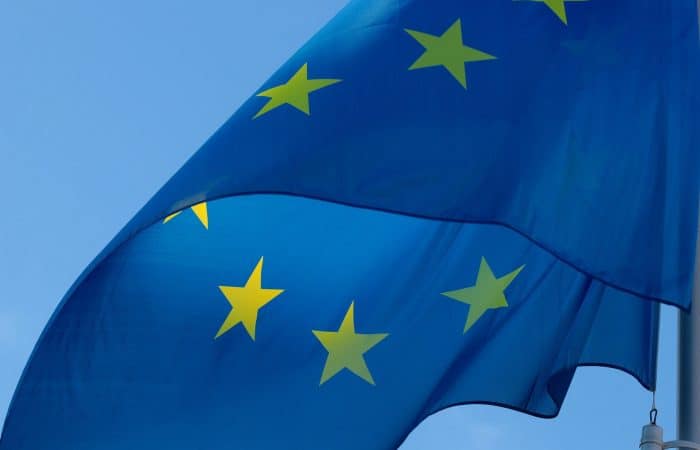A growing number of Canadian companies see themselves forced by the trade war with the United States to strengthen relationships with other trading partners. In doing so, they are focusing heavily on Europe, in particular the Netherlands.
Two important aspects for Canadian businesses to focus on the EU and choosing for the Netherlands as a gateway to Europe, are CETA and the stable legal environment, open economy, and international outlook of the Netherlands.
EU-Canada Comprehensive Economic and Trade Agreement (CETA)
The EU is one of the largest economies in the world and Canada’s second-largest trading partner. CETA is a progressive trade agreement between the EU and Canada. CETA presents Canadian businesses with preferential access to and excellent opportunities for growth in the EU. It removes about 98% of all import duties on goods of EU or Canadian origin, making it easier and cheaper to import and export. To make use of the reduction and elimination of customs duties under CETA, the origin of a good is of highest importance. A good understanding of the legal requirements under CETA (e.g. the rules of origin) for your business case is of essential to take advantage of CETA.
The Netherlands
Investing in the Netherlands through a Dutch Besloten Vennootschap (BV) presents a compelling opportunity for entrepreneurs, investors and companies seeking a strategic foothold in Europe. The Netherlands is known for its stable legal environment, open economy, and international outlook. A Dutch BV is a private limited liability company that combines flexibility with robust legal protections for shareholders and investors, making it one of the most commonly used corporate structures for both local and foreign investors.
One of the primary advantages of setting up a Dutch BV is access to the European Single Market. With its central location and excellent infrastructure—ports, airports, and digital networks—the Netherlands serves as a gateway to Europe. Foreign companies can use a Dutch BV to efficiently conduct business across the EU, benefitting from simplified trade and regulatory harmonization. The BV structure itself offers several benefits. Shareholders enjoy limited liability, protecting personal assets from business risks. The required share capital is minimal (as low as €0.01), and incorporation can be completed relatively quickly. Furthermore, Dutch corporate law allows for tailor-made governance structures, which can be adapted to fit the needs of startups, family businesses, or multinationals. Dutch law does not impose strict rules on nationality of the directors, and it can be a (foreign) legal entity.
The Netherlands also has an extensive tax treaty network, including with Canada, helping to avoid double taxation. Attractive features such as the participation exemption and innovation box regime can significantly lower effective tax rates for qualifying companies.
More information
Kneppelhout Law Firm has in depth experience dealing with CETA and its practicalities, and our corporate lawyers can assist in advising on and setting up the right legal structure.




